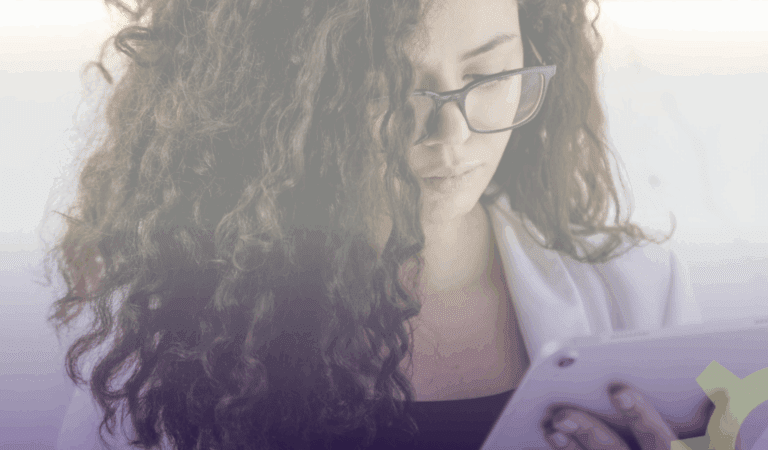If you’re tracking your hotel’s marketing performance the traditional way — through UTMs, analytics, and CRM data — you’re only seeing part of the picture. The dark social phenomenon is the secret world of referral traffic.
For the hospitality industry, where word-of-mouth and personal recommendations are already king, dark social is a massive blind spot — but it’s also a huge opportunity.
What is Dark Social?
Have you ever screenshotted a blog, or a post from social media and then sent it as a text message or an email? Dark social is this example.
Dark social refers to traffic and engagement that comes from private or semi-private channels — think direct messaging apps (like WhatsApp, Messenger, and Instagram DMs), email shares, or even private Slack groups.
Chris Walker, CEO of Refine Labs’, has excellent content on LinkedIn You can also find out more about the following: YouTube Dark social and its relevance to B2B.
You can share your content anywhere. You can’t have it without Traditional tracking parameters. When a potential guest texts your link to a friend, or a corporate planner shares your hotel’s meeting space page via email, it shows up in Google Analytics as “Direct” — but it’s not someone typing your full URL into the search bar.
In hospitality, personal recommendations aren’t just nice-to-haves — they are often the deciding factor.
Dark Social – The Surprising Facts
The following are some of the ways to get in touch with each other Refine Labs data study There was a 90 percent measurement gap between what the software-based attribution claims and what data from first-party customers shows.
Then again, 2023
Why should Hotels care about Dark Social?
The hospitality industry, and in particular hotels and restaurants, heavily relies on data-driven advertising. If you optimize only for what you can track, you may miss out on critical influence that is happening off-grid.
Dark social is important for restaurants and hotels.
- Trust factor is 10 times higher when a friend recommends your hotel via text message.
- Booking funnel is shorter for guests who are referred by a friend.
- Missed attribution: You might think your organic search is crushing it — when really it’s a private LinkedIn message that sent that high-value corporate client your way.
Ignoring dark social doesn’t just skew your data — it creates missed opportunities to amplify the conversations already happening.
How hotels can leverage Dark Social (even if we cannot track it)
Although you cannot “own” Dark Social, you can influence its behavior. Here’s how:
1. Share-worthy Content: How to Make it!
If you want to encourage hotel guests or meeting planners share your content, provide them with a compelling reason. Create assets that are visually appealing, easy to digest, and emotionally resonant — like behind-the-scenes property tours, event space walkthroughs, or “top 5 reasons to stay” lists for your city.
2. Optimize Screenshots
It’s crazy but true, a lot dark social sharing can be done with a screenshot and a quick email. You should make sure your promotional pages, hotel info, and package pages are still attractive when cropped and captured. Clean visuals matter.
3. Brand Sentiment: A Focus
Encourage positive reviews and loyalty, not only through TripAdvisor or Google, but also directly with your customers. Happy guests will be your best social media ambassadors.
4. Use Social Listening
Although you cannot track shares that are private, you can listen to public conversations and get some hints. Attention to brand mentions in Instagram Stories and LinkedIn Posts. What do guests say about you or share organically?
5. Sales and Front Desk Staff Need to be Educated
You team hears feedback all the time that doesn’t make it to an online review. They can then pass on the insights to your hotel’s marketing team.
Dark Social: A Dark Social for Hotels
Dark social isn’t a glitch in your reporting — it’s a fact of modern guest behavior. The goal isn’t to obsess over perfect attribution but to build a hotel experience worth talking about — even when you can’t see it happening.
Hotel marketers need to look beyond clicks and conversions. The real influence may be happening where the analytics can’t reach — but your guest experience, content quality, and brand story still can.



